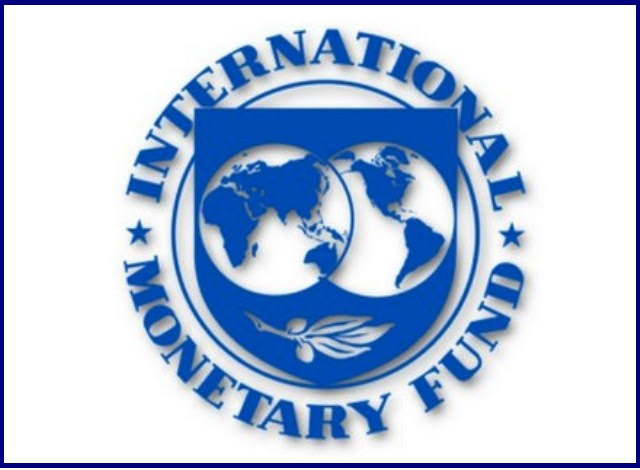The Financial Counselor of the International Monetary Fund, Tobias Adrian has stated that the COVID-19 pandemic triggered an extraordinary contraction of the global economy, but policymakers should remain vigilant as financial vulnerabilities are rising.
“Near-term financial stability risks have been contained, for the moment. Unprecedented monetary easing, fiscal measures like transfers and credit guarantees, and financial policies have helped maintain the flow of credit to the real economy. These extraordinary measures have helped prevent what might have been destructive macro-financial feedback loops between financial markets and the economy. But policymakers should remain vigilant. Financial vulnerabilities are rising,” said Adrian
Adrian warned that pre-existing financial vulnerabilities are rising in some sectors, notably among non-financial corporates, non-bank financial institutions, and sovereign debtors. He also said that some emerging markets and frontier economies already face financing challenges and some of them may confront debt distress.
“Unprecedented policy measures have been necessary, but the burden of debts and deficits are likely to be a drag on the economy for years to come. If they are not addressed once a sustainable recovery takes hold. As the crisis continues, corporate liquidity pressures may morph into insolvencies, especially if the recovery is delayed. The global banking system is well capitalized. But some banking systems have a weak tail of banks and they could experience aggregate capital shortfalls in an adverse scenario. Some emerging market and frontier economies already face financing challenges, and some of them may confront debt distress,” he warned.
Adrian advised that as economies reopen, monetary policy should remain accommodative to support a sustainable recovery, until policymakers’ objectives are achieved.
“Liquidity support should be gradually removed once the pandemic is under control. To deal with debt overhang: recapitalize, restructure, or resolve non-viable firms. Multilateral support remains crucial for Emerging Markets and Frontier Economies that face financing difficulties,” he advised.
Adrian also shed a light on the post- pandemic steps that need to be followed to achieve a robust financial reform agenda.
“Post -pandemic, a robust financial reform agenda should focus on two priorities: strengthening the regulatory framework for the non-bank financial sector and stepping up prudential supervision to contain excessive risk-taking in a “lower for longer” environment for interest rates.” Said Adrian.



